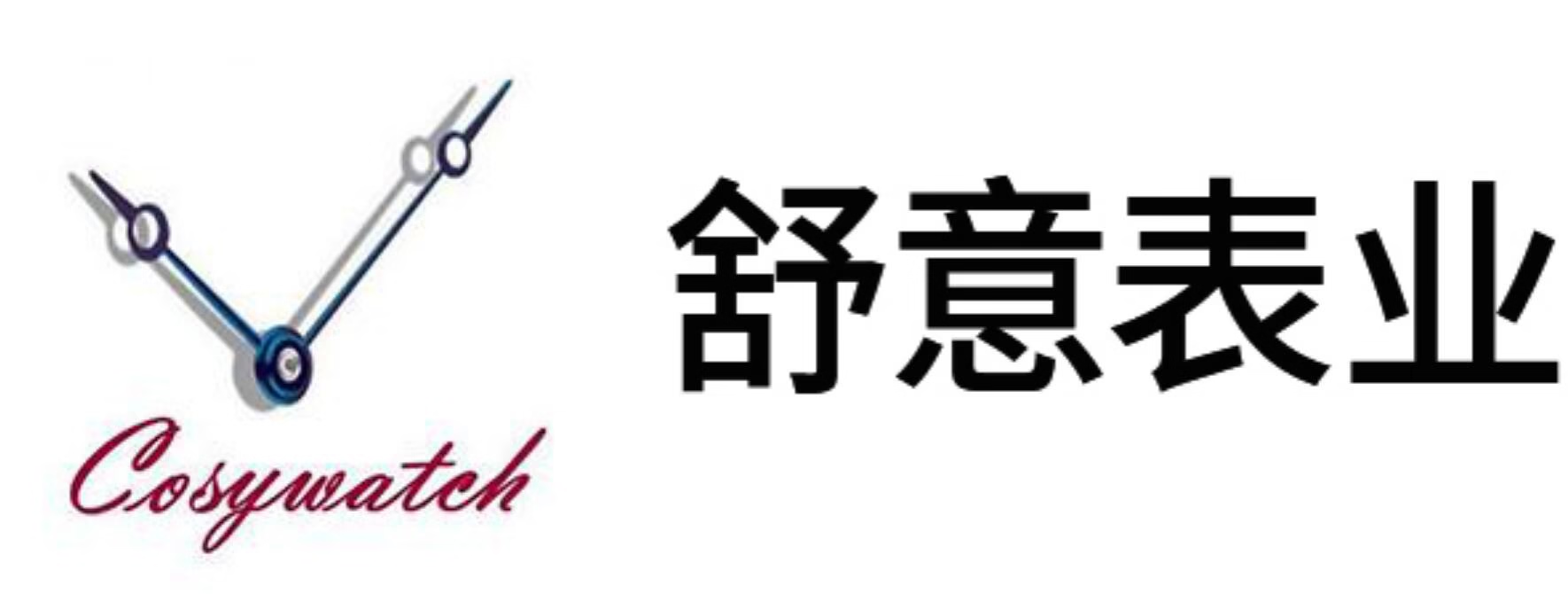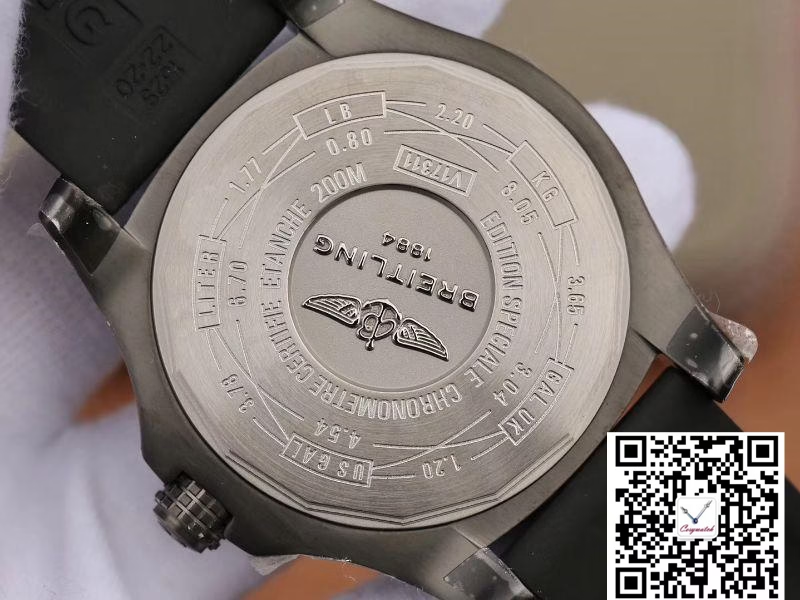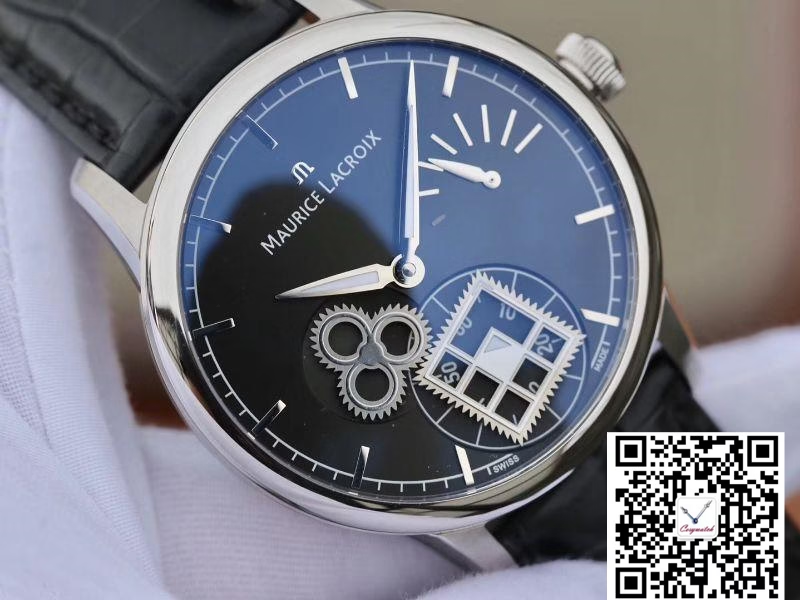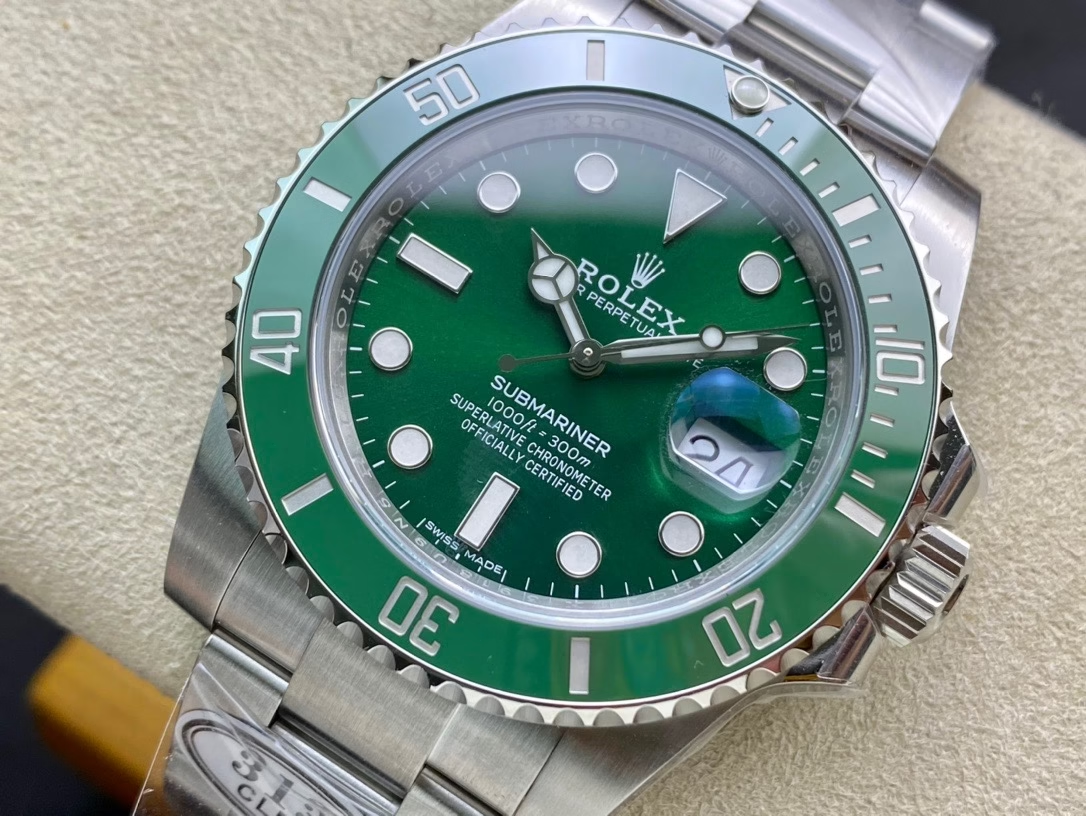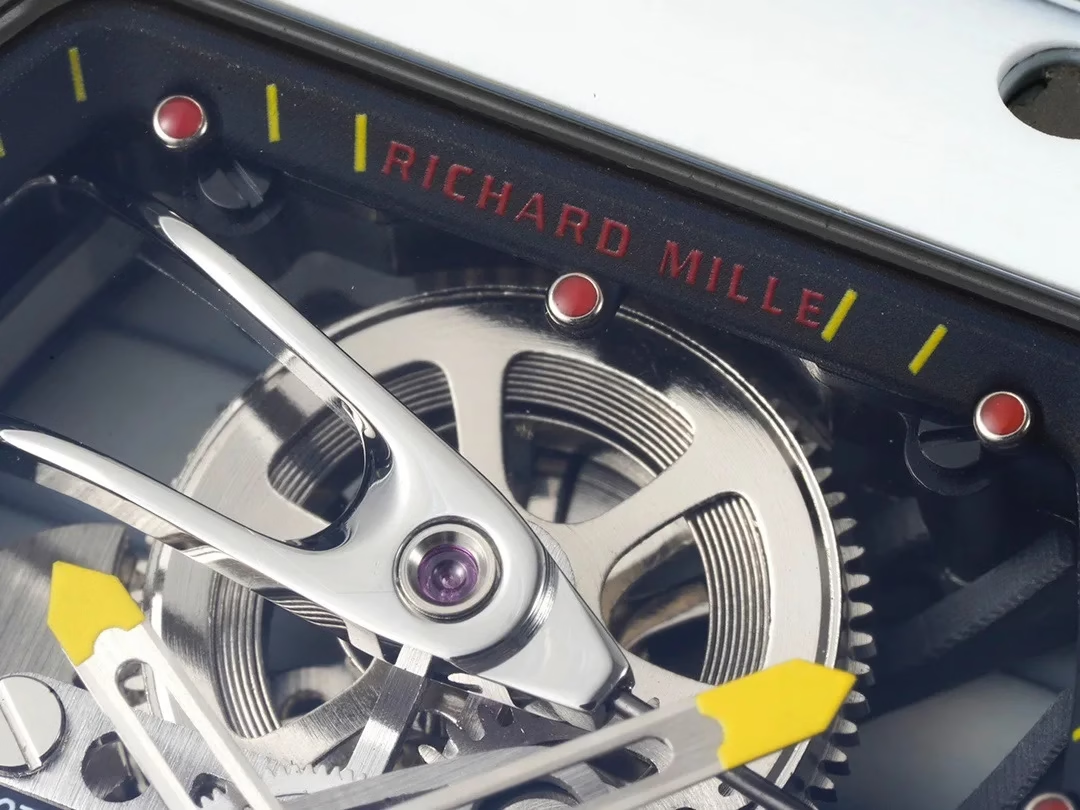Sparkling Efficiency: Transforming the Factory into a Clean Haven

In a world where efficiency is key, the Transformation of factories into clean havens is a trend that is revolutionizing the manufacturing industry. With a focus on sparkling efficiency, these modern factories are not only meeting production targets but also creating a safe and environmentally friendly work environment. Let’s delve into how this shift is reshaping the way we view and operate factories in the 21st century.
– Maximizing productivity through Lean Manufacturing Principles
Transforming a factory into a clean haven is not just about cleanliness; it’s about efficiency and productivity. By implementing lean manufacturing principles, you can streamline your processes, reduce waste, and increase overall output. One key aspect of lean manufacturing is 5S, a system that focuses on organizing the workplace for efficiency and effectiveness. By implementing the 5S methodology, you can create a work environment that is clean, organized, and optimized for maximum productivity.
Another essential principle of lean manufacturing is continuous improvement. By encouraging your team to constantly look for ways to improve processes and eliminate waste, you can create a culture of efficiency and Innovation. This commitment to continuous improvement will not only increase productivity but also lead to a more engaged and motivated workforce. By incorporating lean manufacturing principles into your factory, you can transform it into a sparkling haven of efficiency and productivity.
– Prioritizing sustainability and Environmental Impact
Embracing sustainability in every aspect of our operations, our factory is undergoing a remarkable transformation into a clean haven of efficiency. We are implementing innovative solutions to minimize our environmental impact and maximize our efficiency, aiming to set a new standard in eco-friendly manufacturing.
Through the integration of cutting-edge technology and sustainable practices, we are proud to announce that our factory now runs on renewable energy sources, significantly reducing our carbon footprint. Additionally, we have introduced a comprehensive recycling program to minimize waste generation and promote a circular economy. **By prioritizing sustainability, we are not only protecting the environment but also paving the way for a greener future for our community and beyond.**
– Implementing Robotics and Automation for Enhanced Efficiency
One of the most exciting advancements in modern manufacturing is the implementation of robotics and automation to improve efficiency and productivity. By integrating cutting-edge technology into production processes, factories can achieve higher output levels while reducing the margin of error and minimizing waste. This transformation not only streamlines operations but also elevates the overall quality of products, setting a new standard in the industry.
With robots taking over repetitive tasks and automation handling intricate processes, human workers are freed up to focus on more complex and creative aspects of production. This shift not only enhances job satisfaction but also results in a more skilled workforce. By embracing these innovations, factories can stay ahead of the competition and adapt to the rapidly changing demands of the market. The future is bright for manufacturing as we continue to explore new ways to improve efficiency and deliver excellence.
– Creating a Culture of Continuous Improvement in the Workplace
In order to create a culture of continuous improvement in the workplace, it’s essential to focus on enhancing efficiency and productivity. One way to achieve this is by implementing regular training sessions for employees to learn new skills and techniques that can streamline processes. By fostering a learning environment, employees will be motivated to constantly improve and seek out ways to work more effectively.
Another key aspect of creating a culture of continuous improvement is to encourage open communication among team members. By promoting a collaborative and transparent work environment, employees can share ideas and feedback on how to optimize workflows and eliminate waste. This open dialogue can lead to innovative solutions and empower employees to take ownership of their work and strive for excellence.
Q&A
Q: What key factors contribute to transforming a factory into a clean haven?
A: Factors such as implementing advanced technologies, optimizing processes, and fostering a culture of sustainability all play crucial roles in this transformation.
Q: How can advanced technologies improve efficiency in a factory setting?
A: Advanced technologies such as automation, IoT sensors, and data analytics can streamline processes, reduce waste, and enhance productivity.
Q: What are some ways to optimize processes in a factory?
A: By analyzing workflows, identifying bottlenecks, and implementing lean manufacturing principles, factories can operate more efficiently and effectively.
Q: How can a culture of sustainability benefit a factory environment?
A: A commitment to sustainability can lead to reduced carbon emissions, waste management improvements, and cost savings, ultimately creating a cleaner and more efficient factory.
Q: What are some examples of successful factory transformations into clean havens?
A: Companies like Tesla, Toyota, and Unilever have implemented innovative strategies to enhance sustainability and efficiency in their factories, setting a positive example for the industry.
The Conclusion
In conclusion, the transformation of factories into clean havens represents a significant step towards a more sustainable and efficient future. By embracing innovative technologies and methods, factories can not only reduce their environmental impact but also improve their overall productivity. Sparkling efficiency is not just a buzzword—it is a tangible goal that can be achieved through dedication and commitment to creating a better world for generations to come. Let us continue to strive for cleaner, more efficient factories that benefit both the environment and our society as a whole.
